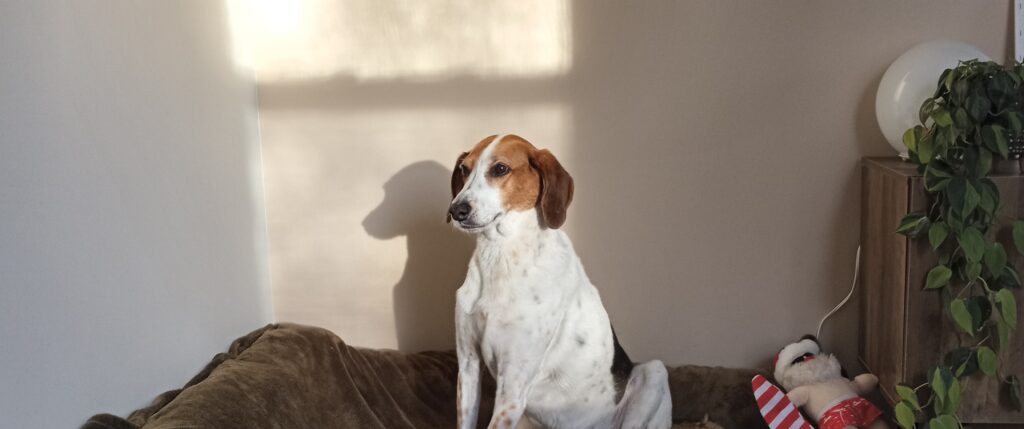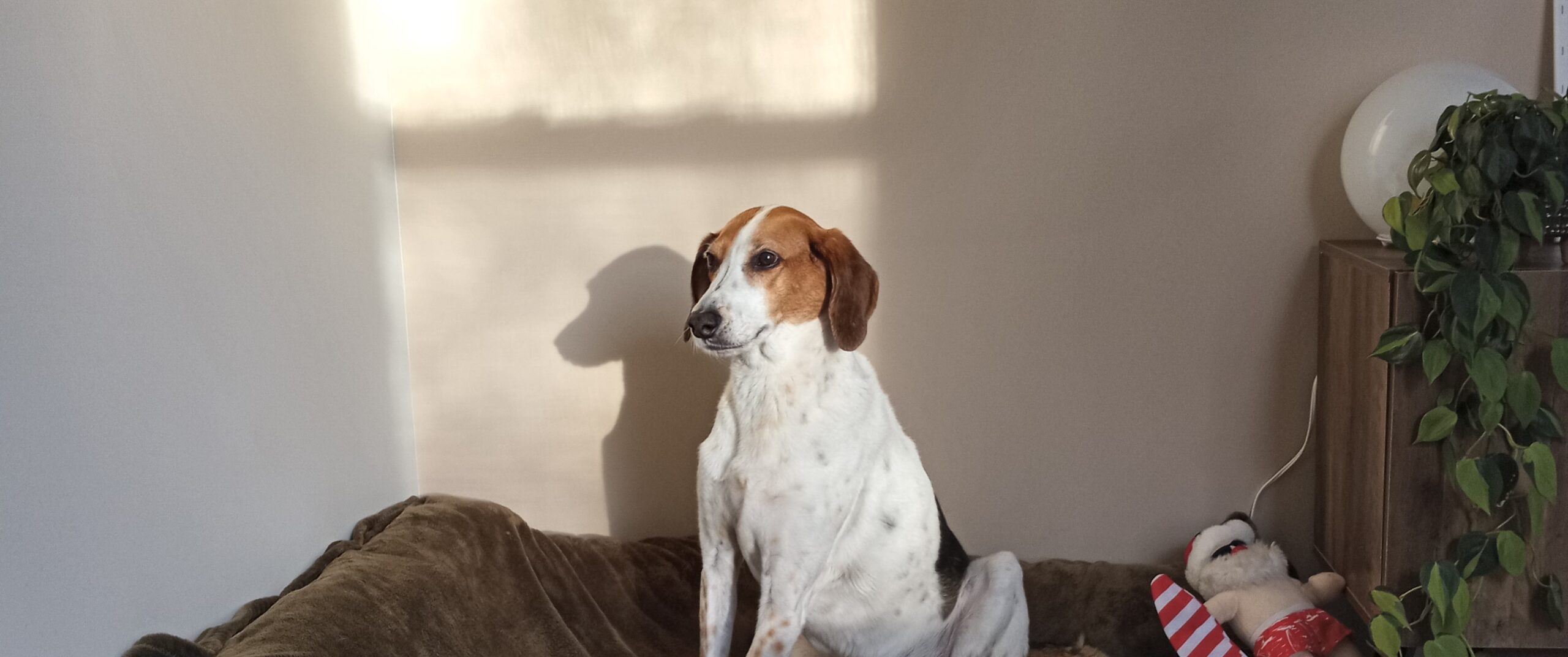This is a place where I will be posting thoughts and feelings about single poems, mostly by Canadian authors. My explanation for doing so, my rationale, can be summed up below.
First, I took a break from ‘literary’ production a few years ago, after I gave the last few public readings in support of my book Cruise Missile Liberals through 2017 to 2019. Since then, I’ve avoided readings, launches and other literary events, aided in some regard in my ability to dodge and politely ignore by the pandemic from 2020 onward. Over the past six years or so, I started winding down my role in editing or promoting the work of other people. My micro-press Ferno House lasted only a few years (from about 2011 to 2014, I believe), after publishing Fenn Stewart, Liz Howard, David James Brock, Ben Ladouceur, Mat Laporte, Andrew Faulkner, and so forth. I quit editing The Puritan in early 2017 after ten years, 35 issues, and collaboration with about 600 writers from around the world. My last published reviews were also in 2017: of Kathleen Winter’s Lost in September in The Globe and Joey Comeau’s Malagash in the Star. In terms of other creative output, I haven’t published poems or essays, interviewed or been interviewed since 2019. I stopped teaching, even in a one-on-one, coaching capacity, in 2017.
During my time away from public writing, from the conversation, I shifted careers three times: from an environmental not-for-profit to ONCAT and now to HEQCO, back immersed in the world of postsecondary. I moved out of Toronto and bought a home in Bowmanville. I dug trenches, mixed cement, got electrocuted, inhaled drywall and built stairs, and drove 20,000 kilometers in and out of Toronto. I developed a daily spiritual practice and study and rewrote what mattered in my life, from the ground-up.
Still, writing didn’t go away. While I abandoned an 80,000-word novel, with much grief and frustration, I found a new direction and wrote another 95-page collection of poems, which is now looking for a home.
Now, as 2021 ends and 2022 begins, I feel like I can re-emerge and participate once again in some form of discourse. I have never been a loud or central voice in this discourse, nor have I commanded a great deal of public attention. But part of me lives in dialogue with others, with my peers and betters, and a large part of me misses this conversation. Here, after a pause, I feel like I have the chance to continue to be present, be grateful and appreciative of writing in this country, but on my terms, and with few of the toxic hang-ups I carried throughout the late-2010s.
The ‘literary reviews’ posted here will really be discussions, or ‘musings,’ to use an annoying term. To start, this will be a place to discuss individual poems, but I’m not holding myself to any restrictions. I will try consciously to be inclusive, to read widely. The challenge will be in finding short poems that immediately inspire commentary, a perspective, something to share. This isn’t a political project, and serves no complex ideological purpose; I will be sharing my thoughts on art (which the world is free to ignore) and giving a cheers or kudos to the authors discussed.
This brings me to a brief note on literary reviews in general. I thoroughly enjoy, or enjoyed, reviewing full-length novels, non-fiction, story collections, and other books for places like The Globe and Mail, Toronto Star, National Post, Canadian Notes & Queries, The Winnipeg Review, etcetera. I feel as though I’ve lost connections to these publications (all publications, really) so don’t wish to knock on anyone’s door and beg for print space once again. But more deeply, more truthfully, I don’t want to be assigned a book. I don’t want to stick to a 700-word limitation. I don’t want a deadline. I don’t want to write for the general, indifferent public. And I don’t want to focus on fiction. All these ‘wants’ lead me here, to my own digital space, where I can write about whatever I like, for however long I like, and with no restrictions, no editor, and no paltry fee. Give those $100, $200, $300 cheques to someone trying to cobble their income together from insultingly small bylines.
I’m also far more confident today, and far more secure in myself, which, perhaps paradoxically, means I’m far less sure of what makes for quality in art. Throughout my short time reviewing books, and participating in critical culture more generally, I made many pronouncements. I stood as reviewer over works; I inhabited a pre-conceived critical perspective. I illuminated shortcomings, failings, mistakes, and called them as such, from my own blinkered orientation, my own preposterously short list of books that I had read and sorted into piles of ‘good’ and ‘bad’ and ‘so-so.’ I tried to be measured in this activity; I tried to imagine that I was being fair and careful, charitably erring on the side of positivity, while still voicing ‘problems’ I had with the material. I wouldn’t be snarky or cranky but I wouldn’t cheerlead or write puff-pieces, either.
All of this was in service of my ego, a way to feel good, special and smart. It was a means of hiding my ignorance. It was a means of taking revenge, however subtly, and a means of establishing some kind of ‘fairness’ in the world that I thought was achingly absent. Nothing I say will matter, ultimately, to those who today champion ‘review culture,’ or have deep investments in negative criticism, or in take-downs and hit pieces (hatchet jobs, they used to be called). These individuals — you can imagine your own roster of proponents of gleeful snark — never cared about me, and we never really crossed paths. But I find the whole concept of the negative review, or even the “mixed” review, corrupted, selfish and petty, masquerading as public honesty.
So, as a short note, and to hold myself to this promise, this is a space where expansiveness, generosity, kindness and compassion (even self-doubt) will propel and animate any discussion of poetry. This is a challenge; it’s easier to find fault, to express bafflement, to mock or sneer at work, because that’s our hard-wiring. If I am discussing a work here, it has piqued my curiosity, made me feel or think, earned my admiration, and often instantly, after a first read. I will attempt to challenge some of my deeper-held presumptions, to be far less discriminating in my ‘takes,’ and simply coast from one discovery to the next. This will probably mean reading a lot of conventional poetry.
(As a kind of digressive post-script to the above: these are the type of literary reviews I hope (or hoped) my work might receive. I’ve had the great fortune of being reviewed or discussed in the Star, Post, Globe, Quill & Quire and other major periodicals, like This Magazine and The Walrus. However, my first book was not mentioned by a single purely literary journal (the kind of journal I built and boosted for a decade). My second book was reviewed by only one literary journal: Canadian Literature (and it was the most mixed, ambiguous review of the bunch!). I have joked that literary journals, places like Event or The Malahat Review or Arc or Prairie Fire, etc., have a permanent ban on my work. Whether this is true or not, and probably not, I want to give the sort of attention that these magazines often give to those lucky, non-banned Canadian writers in our midst.)
Please follow and read along with me, if you like:
8. “Blood Work” by Bardia Sinaee
7. “Attention” by Kate Cayley
6. “The Pond” by Sylvia D. Hamilton
5. “The past sometimes appears conditional” by Ian Williams
4. “Incantation” by Sadiqa de Meijer
3. “Passing in the Hallway” by Raoul Fernandes
2. “St. Peter’s Abbey, Muenster, Saskatchewan” by Chelsea Coupal
1. “Jack Pine” by Phoebe Wang


Hi Spencer Gordon! This is great!
Thanks, Lisa!
Loved reading all of this. Some of it is achingly familiar. Thanks for inviting all of is to share…
Thanks for coming by, Stephen!
Nice to have you back, Spencer. Some of us had noticed you’d taken a step back. I’m really glad to read that it seems to have been clarifying.
I had a pretty similar crisis in my late twenties and needed to up-end my connection to writing as service to my ego and connect it to my actual values. I still have a long way to go, but it’s nice to feel a bit less alone on the path.
Looking forward to more of these.
J
Thanks so much, Jake.
It feels good to hear others working through the reasons ‘why’ they do this very isolating and often unrewarding thing (a thing that can also lead us down some selfish and poisonous roads). I feel like the important thing now is to have the right motivation, and I had really poor motivations. Or, if they weren’t poor, they were simply uninterrogated. If I’m writing a poem, a review, or anything else, I want to know why I’m doing it, with some certainty.
Thanks again for reading and helping me feel better about this project!